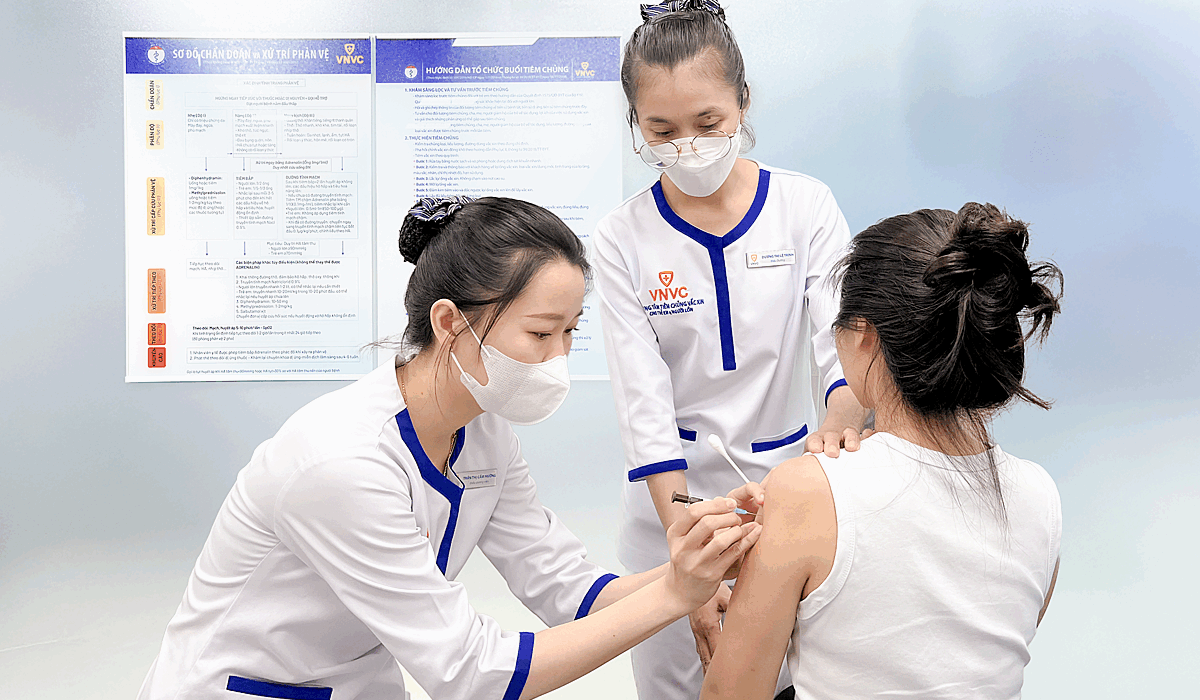Cancer, a formidable adversary that has touched the lives of many, continues to pose a significant threat to global health. Its insidious nature lurks in various forms, affecting different parts of the body. However, amidst the darkness of this disease, a glimmer of hope shines through the potential of vaccines in prevention. Recent advancements in medical science have uncovered the promising role of vaccines in warding off cancer-causing agents, particularly those linked to cervical, liver, throat, and nasal cavity cancers.
These revelations not only shed light on the preventive power of vaccines but also emphasize the importance of adopting a holistic approach to health. While vaccines play a crucial role in bolstering the body’s defense mechanism, they are most effective when coupled with a healthy lifestyle and balanced diet. This synergy between vaccination and healthy living forms a formidable barrier against cancer, offering individuals a proactive stance in safeguarding their well-being.
Dr. Nguyen, a renowned oncologist, underscores the significance of vaccination in cancer prevention, stating, “Vaccines serve as a vital tool in our arsenal against cancer, complementing lifestyle choices to fortify our immunity.”
Furthermore, the integration of vaccines into cancer prevention strategies represents a monumental leap in healthcare. By harnessing the immune system’s ability to recognize and combat cancerous cells, vaccines stand as a beacon of innovation in the fight against this relentless disease. The synergy between medical interventions and lifestyle modifications not only empowers individuals in cancer prevention but also heralds a new era of proactive healthcare.
Professor Pham, a leading researcher in immunology, highlights the transformative impact of vaccines on cancer prevention, stating, “The convergence of medical advancements and lifestyle adjustments marks a pivotal moment in our ability to mitigate the risks of cancer.”
As we delve deeper into the realm of cancer prevention, it becomes evident that vaccines serve as a cornerstone in this endeavor. Their ability to target specific cancer-causing agents equips individuals with a personalized defense mechanism, tailored to their unique risk factors. This precision in prevention signifies a shift towards individualized healthcare, where treatment strategies are customized to address the distinct needs of each person.
Dr. Tran, a public health specialist, emphasizes the importance of personalized prevention approaches, stating, “Vaccines offer a targeted defense against cancer, aligning with the trend towards personalized healthcare tailored to individual risk profiles.”
Moreover, the implications of incorporating vaccines into cancer prevention extend far beyond individual health outcomes. By mitigating the risks of cancer at a population level, vaccines have the potential to reduce the burden on healthcare systems and society as a whole. This ripple effect of prevention not only enhances public health but also underscores the economic benefits of proactive healthcare measures.
In conclusion, the intersection of vaccines and cancer prevention heralds a new frontier in healthcare, where proactive measures intertwine with medical advancements to combat a formidable foe. By embracing the synergy between vaccination, lifestyle modifications, and personalized prevention strategies, individuals can fortify their defenses against cancer, empowering themselves with the tools to lead healthier, more resilient lives. As we navigate this evolving landscape of healthcare, the role of vaccines in cancer prevention stands as a testament to human ingenuity and resilience in the face of adversity.

